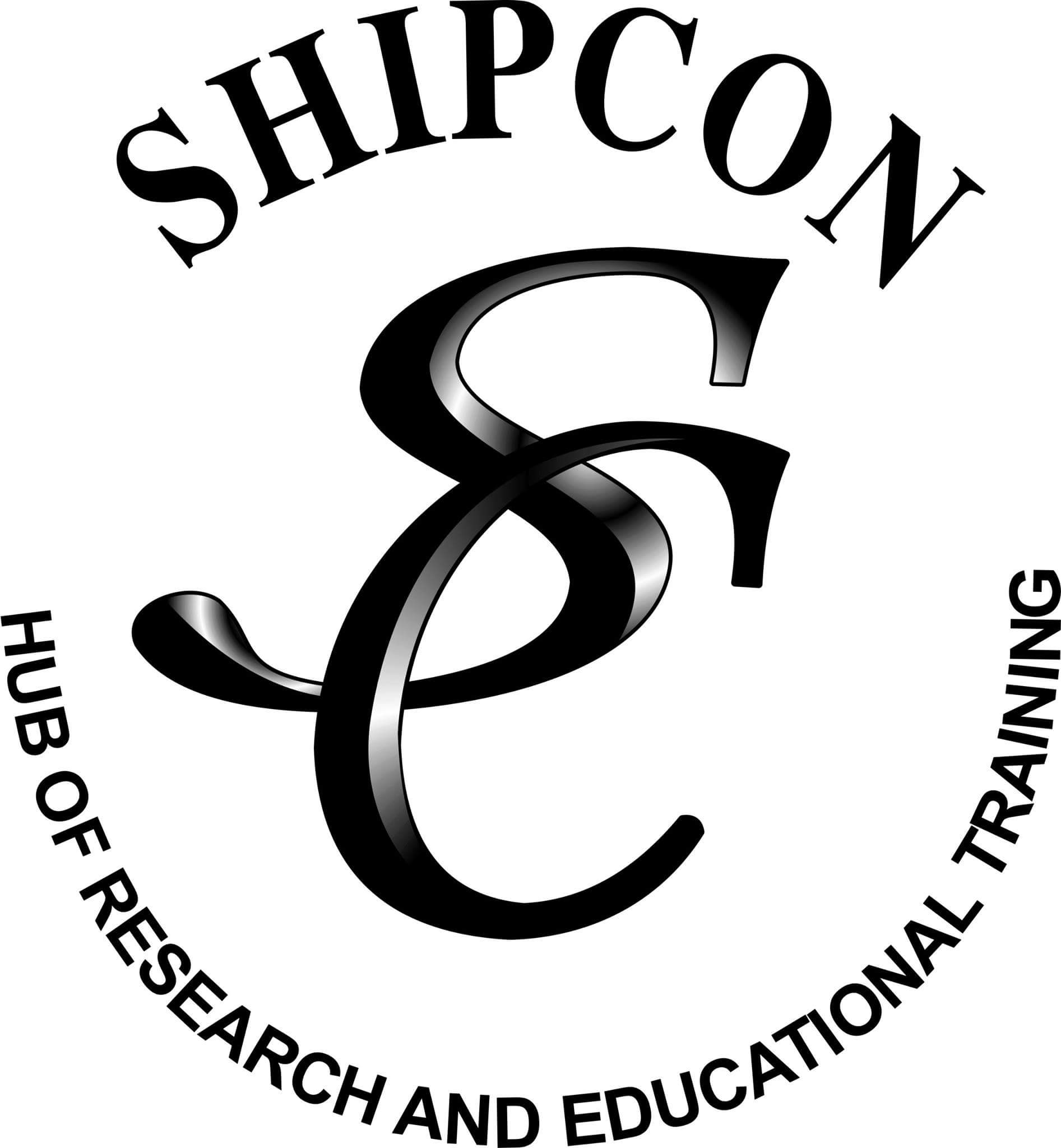DESCRIPTION

The ‘Efficient & effective Project Management for EU funded projects’ (PMEU) is a masterclass course that equips all those involved in the management/coordination as well as all those responsible for the technical and financial progress on behalf of their institutions with the required knowledge and expertise in dealing in an efficient & effective manner with the management of EU funded projects.
This course is a masterclass course delivered by experts in the area of EC funded projects and it has been designed in an easy-to-follow manner, irrespective of the experience of the delegates in the specific field of study. The course will offer substantial help and benefit to a wide range of individuals, such as project managers, project coordinators, research officers, legal representatives (i.e. school principals, directors) as well as those working in the International Relations Office of Universities, to deal with the ever-demanding needs of reporting and monitoring of EC funded projects. The course covers all important areas of project management, such as obligations related to reporting and visibility of EC funded projects. Moreover, the course offers a comprehensive overview on the various forms of audits as well as tools for efficient & effective monitoring & evaluation. The delegates are benefited from a detailed review and analysis of financial risks and the mitigation measures for dealing with these risks. Finally, the delegates will be offered a ‘hands-on’ experience with two unique case studies which will highlight the amount of work needed during periodic (i.e. annual) reviews and the evaluation of the project during these reviews by EC.
This is the 5-day training course that can be funded by Erasmus+ KA1 programme (staff mobility).
MAIN AIMS
- Acquire in depth knowledge of EC project reporting
- Comprehend the obligations for visibility & communication/dissemination of EC funded projects
- Preparing & dealing with obligations resulting from EC audits
- Understand the importance of project monitoring & self-evaluation
- Setting up evaluation tools for the project
- In depth understanding of financial risks & implementation of mitigation measures
WHY PMEU?
 This is a masterclass course specifically designed to help the participants grasp the complexities of Project Cycle Management and tools as well as to provide them with a comprehensive knowledge of the essential techniques for successful management of EU funded projects. A must-have course for all those involved in the management of EU projects either at technical or at financial level as well as to all those in charge with the business development strategy of companies and academic institutions (primary, secondary & tertiary level) involved or likely to be involved in EU funded projects. The course is particularly useful to all those responsible for allocating resources to understand the complexities and financial risks related to the management of EU funded projects and how to place the required mitigation measures in order to reduce the consequences of these risks in short, mid and long term. The participants will gain hands on experience on setting up evaluation and monitoring tools, which can prove to be a valuable asset for successful management of EU funded projects.
This is a masterclass course specifically designed to help the participants grasp the complexities of Project Cycle Management and tools as well as to provide them with a comprehensive knowledge of the essential techniques for successful management of EU funded projects. A must-have course for all those involved in the management of EU projects either at technical or at financial level as well as to all those in charge with the business development strategy of companies and academic institutions (primary, secondary & tertiary level) involved or likely to be involved in EU funded projects. The course is particularly useful to all those responsible for allocating resources to understand the complexities and financial risks related to the management of EU funded projects and how to place the required mitigation measures in order to reduce the consequences of these risks in short, mid and long term. The participants will gain hands on experience on setting up evaluation and monitoring tools, which can prove to be a valuable asset for successful management of EU funded projects.
WHO TO ATTEND?
The PMEU course is ideal for:
- Project Managers & officers responsible for EU funded projects
- Financial managers & officers responsible for EU funded projects
- Business development managers
- Managers/directors in International coordination offices (universities)
- Personnel in International coordination offices (universities)
- Erasmus+ coordinators and officers
- Employees/staff responsible on strategy in EU research funding (institutions, research centres)
- School principals (primary & secondary)
- School managers & staff (primary & secondary)
- Personnel involved in management of EU funded projects (companies, NGOs)
METHODOLOGY OF THE COURSE – ADDED VALUE
The course methodology will ensure the active involvement of the participants in all phases, that is, prior, during and after the delivery of the course. More specifically, upon confirmation that the course will take place, the participants will receive preparatory material (if needed), which will cover all important concepts to be presented during the delivery of the course. The participants will have the opportunity to exchange feedback with the organiser of the course, ShipCon, and the trainer as well as to request any clarification related to the content of the course.
The methodology of the training is based on a combination of three important elements:
- Provision of knowledge required (theory)
- Use of training tools, such as case studies, videos, games, animations & exercises (practice – hands on experience)
- Feedback/reflection (review)
During the delivery of the course, the participants will receive hard copy material, which will cover the content to be presented in all five (5) days of the seminar. The material will be presented in a form of Power Point (PPT) presentations, videos & animations. Moreover, the active involvement and hands on experience of the participants will be secured through various training tools, such as case studies, worksheets, scenarios & exercises. These training tools are necessary to ensure that the theoretical knowledge gained by the participants can be used in real life scenarios; an important aspect & added value for any training course.
At the final day of the course, the participants will have the opportunity to reflect on the information received and the experience gained in the specific field of study. Moreover, the participants and their institutions will be encouraged to be members of ShipCon ‘Network of Excellence’, an international hub and forum for entrepreneurs & innovators to exchange ideas, novel concepts/approaches & best practices in the area of environment and education.
BENEFITS TO PARTICIPANTS – SKILLS & COMPETENCES
This course provides the general knowledge and understanding required to understand key elements of Project Management for EU funded projects. By the end of the course, delegates will have acquired capabilities to:
- Deal with EC project reporting
- Comprehend the obligations for visibility & communication/dissemination of EC funded projects
- Prepare & deal with obligations resulting from EC audits
- Understand the importance of project monitoring & evaluation
- Set up evaluation tools for the project
- Set up performance indicators for project monitoring & evaluation
- Understand financial risks related to EC funded projects for their company/institution
- Implement mitigation measures for dealing with financial risks associated with EC funded projects
The participants will:
- Comprehend in depth the importance of efficient & effective management for EU funded projects
- Acquire valuable knowledge in relation to the obligations arising from EU funded projects
- Understand the responsibilities of those involved in project management & coordination
- Understand the responsibilities of those in charge of the technical & financial progress of an EC funded project
- Appreciate the importance of applying best principles and practices for good management
- Learn to identify at an early stage the financial risks related to EC funded projects
- Be able to set up mitigation measures for the identified financial risks
- Appreciate the importance of internal and external audits
CERTIFICATIONS AWARDED
- Certificate of attendance & certificate of competence (skills & competences required – Europass CV)
- Europass mobility certificates – to be issued by the applicant’s National Authority (NA)
PROGRAMME OF THE TRAINING ACTIVITIES (DAY BY DAY)
Monday
Reporting of projects – What is needed by the EC?
- Technical reports
- Financial reports
- Validation of reports by EC
- Payment procedures by EC
Visibility of the EU’s support
- Publicity obligations
- Communication & Dissemination obligations
Tuesday
Audits
- Various levels of audits
- First, second, third level control audits
- Follow-up visits
- Evaluation visits
Project Monitoring
- Purpose of monitoring
- Performance Indicators
- Internal evaluator/quality assurance manager
- External evaluator
Wednesday
Setting up a reliable & effective evaluation system for EC funded projects
- Purpose & importance of evaluation
- Evaluation strategy
- Evaluation tools
- Disseminating evaluation conclusions/outcome
- The project leader’s kits and tools
The profile of project’s manager/coordinator
- Principles of good management of EC funded projects
- Internal communication tools
- Administrative tools
- Financial management tools
Thursday
Financial Management
- Identification of financial risks
- Mitigation of financial risks
- Forecasting Tools for efficient financial management
Financial Monitoring
- Financial reports
- Optimization of financial monitoring
- Role & importance of external audit of accounts
Friday
CASE STUDIES:
- ANNUAL REVIEW – obligations by consortium
- ANNUAL EVALUATION REVIEW BY EC
Overview of the course – reflections
Click here for relevant resources on this masterclass course
